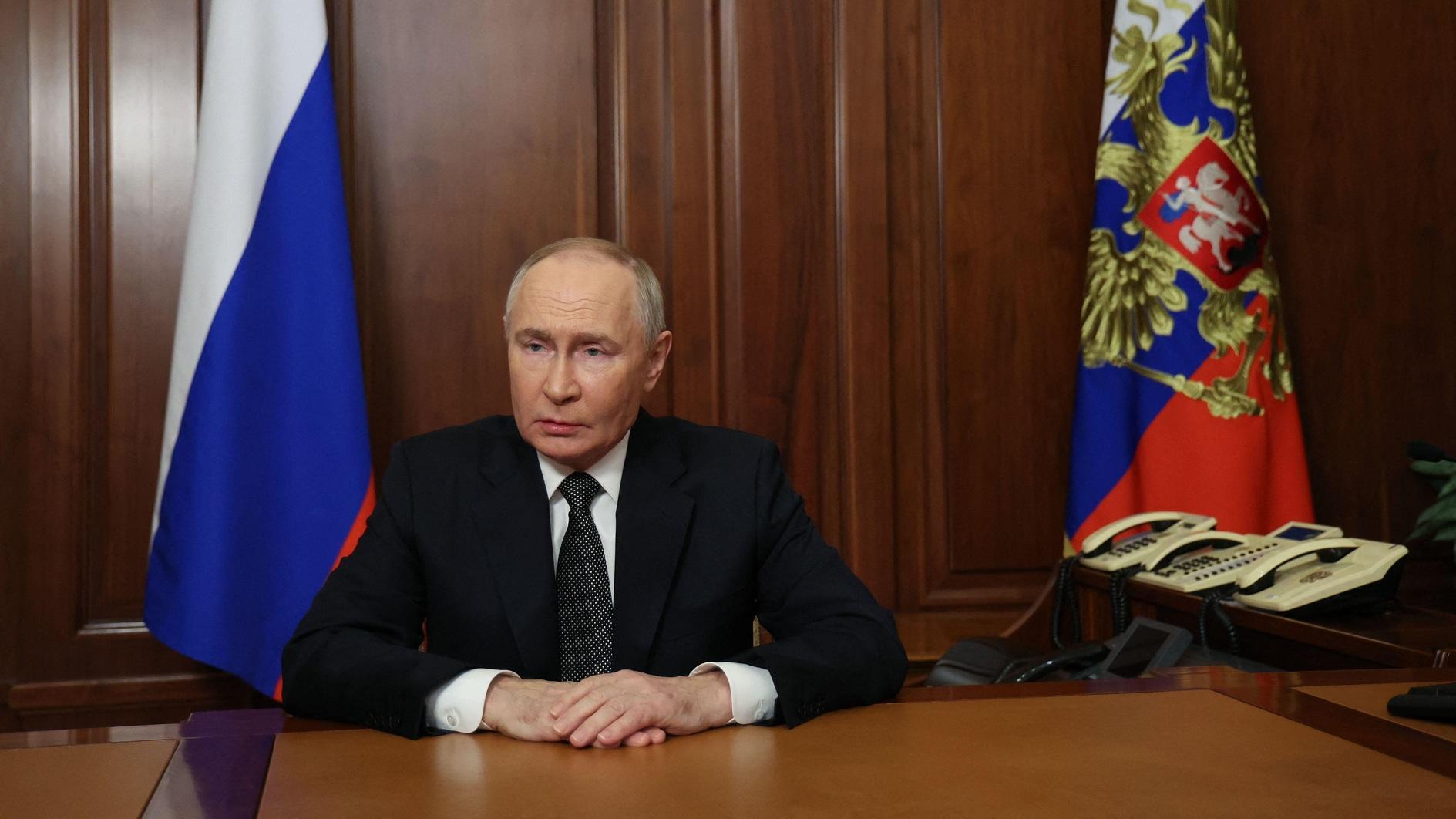World Bank urges monetary discipline on top of sound anti-pandemic efforts
ISTANBUL

Turkey should combine its success in containing the economic fallout from the COVID-19 pandemic in the short-term with “monetary discipline” to achieve a sustainable recovery, the World Bank has said in its latest Turkey Economic Monitor report.
“Despite an initial surge in COVID-19 cases, cross country data suggests that Turkey contained relatively quickly the spread and worst health effects of the virus. As in other countries, however, continued vigilance is essential to sustain this fragile trend,” said the report.
According to the World Bank, the pandemic, which hit the country in March, prompted an increase in current account deficit through contraction in trade and tourism, a substantial drop in Turkey’s foreign exchange reserves, a sudden halt in domestic output in April-May, and declining trends in labor force participation and employment.
The authorities’ economic policy response to COVID-19, including fiscal, monetary, and financial measures, was swift and comprehensive, said the report, adding, “Turkey like other countries will need to transition from policies focused on short-term economic relief to building resilience and accelerating recovery.”
“One priority in this regard going forward is monetary discipline, essential to anchor economic expectations and restore investor confidence,” the World Bank warned.
“Turkey can on the other hand afford to maintain responsive and flexible fiscal policy to manage the difficult recovery ahead, ensuring that short-term responses are consistent with fiscal sustainability.”
In the second quarter, public bank credit expanded by over 250 billion Turkish Liras ($ 36 billion) compared to 126 billion liras ($ 18 billion) for private banks. Over 49 percent of public bank lending ($18 billion) went to small and medium sized enterprises, compared to 22 percent for private banks ($ 4 billion), according to the World Bank figures.
“The global economy and Turkey will face a difficult 2020 followed by an uncertain rebound in 2021,” the World Bank said, predicting an economic contraction of 3.8 percent in 2020 in the baseline scenario, but acknowledging that many uncertainties remain in place.
“The shock to household incomes could increase Turkey’s poverty rate from 10.4 to 14.4 percent, but the government’s ongoing policy response would likely decrease the poverty rate significantly from 14.4 percent to 11.8 percent,” it said.
















